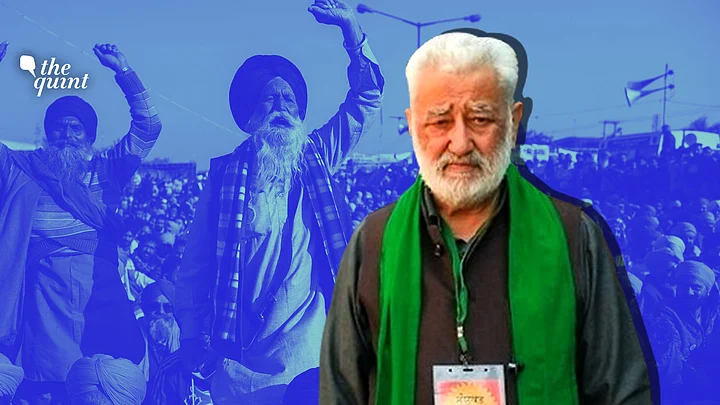Samyukt Kisan Morcha (SKM) leader Darshan Pal on Monday, 15 February, urged the United Nations to ask India to repeal the contentious farm laws and abide by the UN Declaration on Rights of Peasants, of which it is a signatory.
Pal spoke at the 46th session of the United Nations Human Rights Council, representing the Sikh human rights group via a video message.
What Pal Said
Pal expressed gratitude to the UN for implementing the UN Declaration on Rights of Peasants, which protects the rights of small farmers around the world.
Pal noted that India had protections in place for farmers for several years under ‘Minimum Support Price’. He also observed that India has had a good market for years, which has allowed for the development of rural infrastructure, and farmers had access to courts.
“The few states where similar policies were introduced have seen farmers sinking into poverty, losing their lands and having to work as labourers elsewhere to make ends meet.”Darshan Pal
‘Must Consult Farmers Before Enacting New Laws’
Pal criticised the new farm laws noting that they take away this support from farmers, and will not double their income in any way. He reiterated that the farmers do want reforms, but not these ones.
“The UN declaration insists that the country must consult the farmers before laws and policies are enacted. We humbly ask the UN to urge my government to abide by the declaration, repeal the laws and start consultations to start a reform agenda friendly to farmers and good for the environment, as is required by the Declaration on the Rights of Peasants.”Darshan Pal
‘Clampdown on Journalists’
Representing the Integrated Youth Empowerment at the UN meet, Valentin Hopfinger raised the issue of India “abusing the right of peaceful assembly”, and clamping down on journalists who have been arrested whilst covering the farmers’ protests in Delhi, reported The Hindu.
Background
Farmers have been protesting against the farm laws along different borders of the national capital for over three months now. They recently celebrated 100 days of the protests.
After 48 days of closure, vehicular movement was allowed through Ghazipur-Ghaziabad (UP Gate) border to Delhi on Monday, 15 March. The police opened one carriageway that had shut due to the farmers’ ongoing protests against the three farm laws, and the violence that ensued at the tractor rally on Republic Day.
However, the other five carriageways connecting Ghaziabad and Delhi remain closed. Travellers going to the national capital from Ghaziabad, Meerut, and places in Uttarakhand and Uttar Pradesh continue to take alternate routes to Delhi.
It’s been 110 days since the Ghazipur border, which is among the three borders witnessing the farmer’s struggle, was first sealed off. Haryana borders – Singhu and Tikri – are also seeing the protests against the Centre’s agriculture laws.
Farmers’ unions have also called for a complete ‘Bharat Bandh’ on 26 March on the occasion of the completion of four months since the protests began on the borders of the national capital.
(At The Quint, we question everything. Play an active role in shaping our journalism by becoming a member today.)
